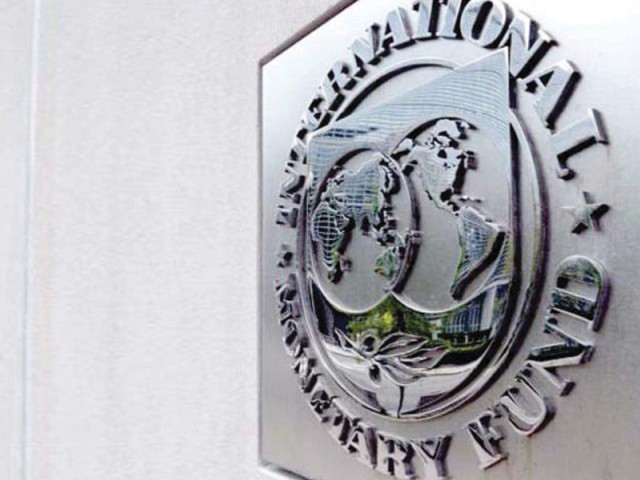Negotiating a way out
Ordinarily, we view govt’s inability to meet lenders’ covenants with suspicion. In this case, its clearly right.

Islamabad habitually renegotiates its bailout package with the IMF, mostly owing to its failure to meet the Washington-based lender’s targets, the fault this time lies squarely with the Fund itself. PHOTO: FILE
For instance, the IMF has repeatedly expressed its unhappiness with interest rates set by the State Bank of Pakistan, even though real interest rates in the economy are positive, and for the first time in well over two decades, fixed income investors in the country are actually getting a real rate of return. But instead of paying attention to the numbers, the IMF rolled out a cookie-cutter plan that will only exacerbate Pakistan’s economic slowdown. And then there was the currency depreciation debacle. The IMF insisted that the Pakistani rupee is overvalued relative to its peer currencies, but failed to take into account that Pakistan is far more reliant on imported fuels than most other Asian economies. Simply put, a depreciation of the currency has far more of an inflationary impact in Pakistan than it does in most other countries in Pakistan’s peer group. And yet, simultaneously, the IMF wanted Pakistan to keep inflation in check. The initial IMF package was badly negotiated by the government. Ordinarily, we view the government’s inability to meet lenders’ covenants with suspicion. But in this case, it is clearly in the right and we applaud its efforts to correct its mistakes.
Published in The Express Tribune, November 1st, 2013.
Like Opinion & Editorial on Facebook, follow @ETOpEd on Twitter to receive all updates on all our daily pieces.















COMMENTS
Comments are moderated and generally will be posted if they are on-topic and not abusive.
For more information, please see our Comments FAQ